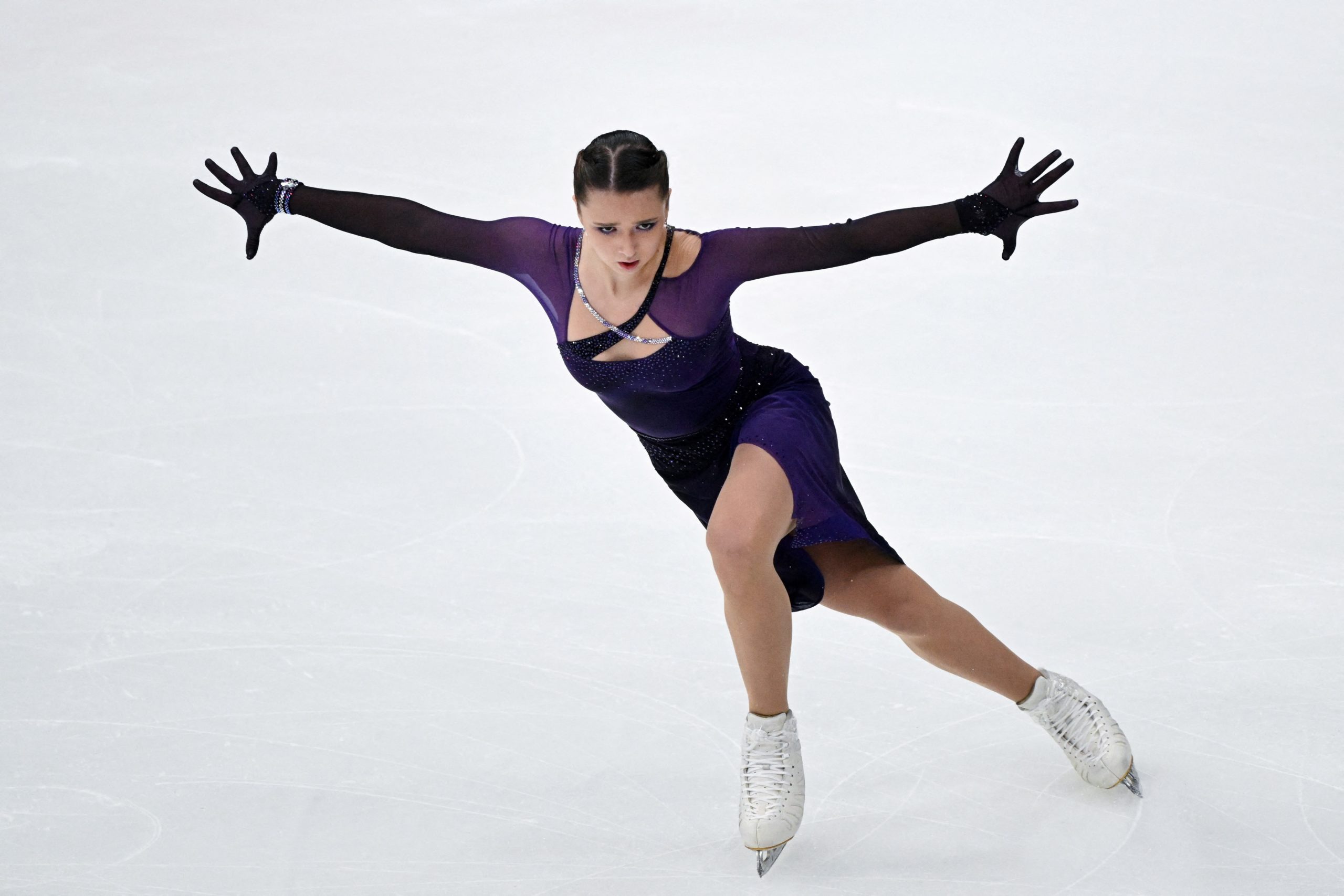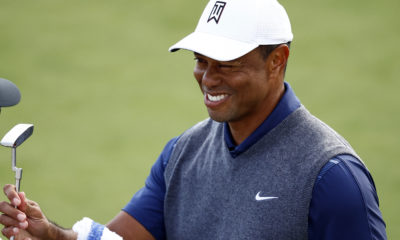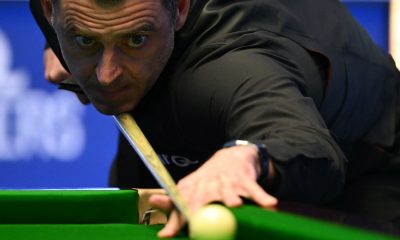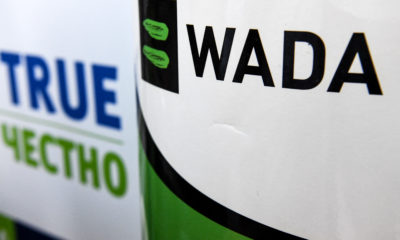
Teenage Russian skater Kamila Valieva received a four-year ban from the Court of Arbitration for Sport (CAS) on Monday for failing a doping test prior to the 2022 Winter Olympics.
Valieva was found to have “committed an Anti-Doping Rule Violation (ADRV) under Clause 4.1 of the All-Russian Anti-Doping Rules of 24 June 2021,” said the three-member panel in sport’s highest court.
“A period of four years ineligibility is imposed on Ms Valieva, starting on 25 December 2021.
“All competitive results of Ms Valieva from 25 December 2021 are disqualified, with all the resulting consequences (including forfeiture of any titles, awards, medals, profits, prizes, and appearance money),” CAS added.
Valieva was just 15 when she tested positive raising questions not just about her guilt and the Russian Olympic system after the Sochi Winter Games of 2014 but how she was treated as a minor, the way the test was conducted and the value of the drug involved for enhancing performance.
The case came to CAS following Valieva’s exoneration by Russia’s anti-doping agency (RUSADA).
The World Anti-Doping Agency (WADA) and the International Skating Union (ISU) then appealed RUSADA’s ruling, as did RUSADA itself.
Three CAS judges met in Lausanne in September to hear the case with Valieva and some of the experts and witnesses taking part via videoconference.
In Beijing in February 2022, Valieva became the first female skater to land a quadruple jump in Olympic competition, helping Russia secure gold in the team event.
The next day, she was told she had tested positive before the Games for trimetazidine, a drug used to treat angina but banned for athletes.
Under the pressure of suspicion and attention, Valieva cracked in the individual event in Beijing, stumbling four times in the long programme and finishing in tears as she tumbled from first to fourth.
At the end of the year, RUSADA ruled that Valieva bore “no fault or negligence” for the positive test.
From the start, the case has presented a dilemma. Valieva’s age, 15 at the time, should have guaranteed her confidentiality under WADA rules for “protected persons” younger than 16.
But Valieva’s display in the team event in the Olympic arena had already drawn worldwide attention.
The ISU is raising the lower age limit for its senior category from 15 to 17 from this year, citing the “physical, mental and emotional health” of competitors.

World Cup News
-
FIFA World Cup
/ 2 days agoSaudi oil giant Aramco agrees major FIFA sponsorship deal
Saudi Arabia’s state oil giant Aramco and world football governing body FIFA on Thursday...
By AFP -
FIFA World Cup
/ 1 month agoSon scores but Thailand hold South Korea in World Cup qualifier
Son Heung-min scored but South Korea were held 1-1 at home by Thailand in...
By AFP -
FIFA World Cup
/ 2 months agoJapan-N. Korea World Cup game to stay in Pyongyang, JFA says
Japan’s World Cup qualifier against North Korea will be played in Pyongyang as planned...
By AFP -
FIFA World Cup
/ 2 months agoGerman ex-FA bosses on trial over World Cup tax evasion
Three German ex-top football officials went on trial on Monday in a 13.7-million-euro ($14.8...
By AFP

English Premier League
Watch: ‘VAR has damaged Premier League’ says Pochettino after Chelsea drama

English Premier League
Watch: Salah warns of Klopp ‘fire’ after Liverpool title blow

Sports Law
A closer look at Malta’s Sports Act

Winter Olympics
Watch: Geisenberger wins sixth Olympic medal to tie luge record





































